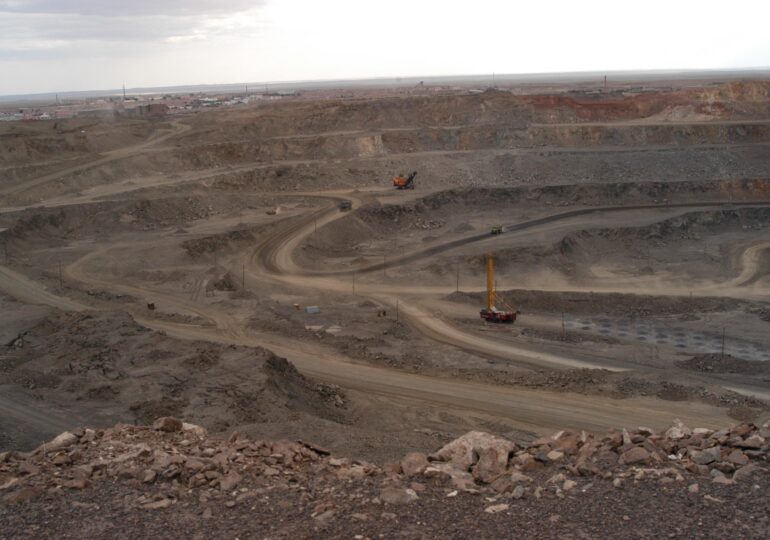Europe, like the United States, is trying to maintain stable relations with China to ensure access to rare earth minerals, essential elements for the strategic industries of the region (automotive, green energy, and defense).
Although the EU has some of its own deposits, the structural dependence on China remains critical: it controls almost the entire global chain, from extraction to refining and the production of permanent magnets, as reported by CNBC.
Trade tensions in 2025 highlighted Europe's vulnerability, especially after China imposed temporary export controls, later suspended for a year following a trade truce with Washington.
Meanwhile, leaders from Germany and the Netherlands are in Beijing for discussions on controlling exports of critical materials and semiconductors.
Data from the International Energy Agency shows that in 2024 China accounted for 59% of global rare earth mining, 91% of refining, and 94% of permanent magnet production, used in electric vehicles, wind turbines, industrial motors, data centers, and defense systems.
The EU imports about 70% of rare earth minerals from China and nearly all necessary magnets.
To reduce dependence, the European Commission has launched the "RESourceEU" plan, aiming to accelerate recycling, joint procurement, creating stocks, and investing in strategic extraction and processing projects in Europe.
Brussels is also negotiating partnerships with Ukraine, Canada, Australia, Kazakhstan, Uzbekistan, Chile, and Greenland.
However, building a European supply chain will take years. Europe has deposits in Turkey, Sweden, and Norway, but the approval processes, environmental standards, and public opposition delay their exploitation.
The first concrete step is the opening of a permanent magnet factory in Estonia, with raw materials imported from Australia and Malaysia.
Experts warn that without secure access to raw materials, the EU's goals for green transition and digitalization are at risk.
The lack of rare earths, gallium, or germanium can slow down semiconductor production, AI development, and wind turbine installation.
"Europe cannot build its green or digital future on supply chains it does not control," analysts warn.

